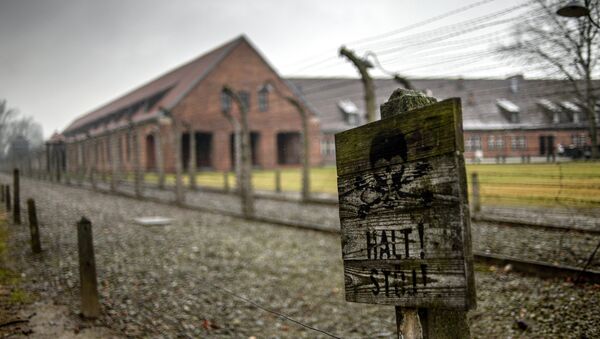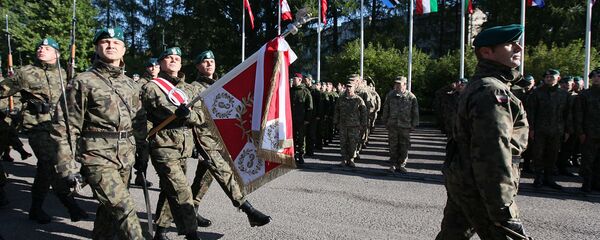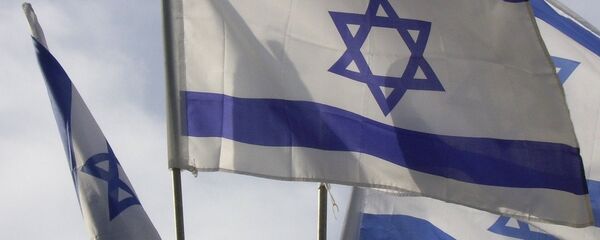"The Poles, for example, were rightly proud of the resistance of their society to the Nazis, but actually killed more Jews than Germans during the war," the article, entitled "Eastern Europe's Crisis of Shame," reads in German.
According to the Warsaw prosecutor's office, this article sparked more than 100 complaints from Poles who found this statement offensive. According to the office's spokesman Przemysław Nowak, they will take action in accordance with Polish national law, which says any person publicly insulting the Polish nation is subject to punishment of up to three years in prison.
The controversial article even provoked a reaction from the country's Foreign Ministry, whose spokesman Marcin Wojciechowski said that Die Welt's article was "historically untrue, harmful and insulting to Poland."
However, there are serious doubts that any amount of brash statements will prove Gross guilty.
"There are no reliable figures regarding the number of Jews killed by Poles and the number of Germans killed by Poles," said Polish historian Andrzej Paczkowski, who is a council member of National Remembrance Institute (IPN), an organization charged with investigating World War II era crimes.
Gross' 2000 book "Neighbors" prompted then Polish President Aleksander Kwaśniewski to apologize to Jews worldwide after the historian pointed out that up to 1,500 Jews were killed in a massacre in the town of Jedwabne. The investigation conducted by IPN between 2000 and 2004 proved Gross right, but the Institute believed the number of victims was much lower, at about 350.
Gross's two other books, "Fear" and "Golden Harvest," have also been probed for libel, but both investigations, closed in 2008 and 2011, respectively, found no evidence of crime, according to the Guardian. "Fear," published in 2006, tells the story of an anti-semitic pogrom in the Polish town of Kielce, which led to death of 42 Jews. "Golden Harvest," published in 2012, explains the economics of Polish concentration camps, where Poles enriched themselves at the expense of Jew inmates through confiscation, barter and looting.




